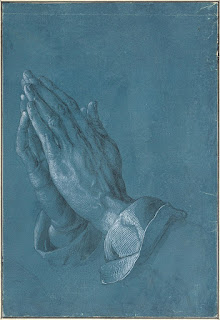Nowhere in the four canonical gospels are the disciples of Jesus called “Christians.” As “disciples” they were learning the Jesus-way of life and thought. As “apostles” they were sent out to practice the Jesus-way of life and thought in relation to others. But they were not called “Christians” by Jesus, or by anyone else, and certainly not by themselves.
Acts 11:26 - By that time the groups of believers in Jesus, scattered throughout the Mediterranean world, were talking about him as “the Anointed” (Gk. Christos), the one ordained of God to save the world. Outsiders coined the adjective, christianoi, probably with derogatory undertones, to match the outspoken confession of the followers of Jesus. The writer of Acts affirms (1) that the term was used first at Antioch, and implies (2) that the term was applied to the disciples by persons other than themselves.
Acts 26:28 - “Christian” clearly comes from the mouth of an outsider, an accuser with political power in Judea. His question is more a sarcastic taunt than a sincere inquiry. Notice that Paul’s reply does not repeat the name “Christian” from Agrippa’s mouth. Paul, the ridiculed and accused believer in Jesus, is in chains. At the time of writing Acts, “Christian” was not a title attached to people in polite society, people like Agrippa. It was more a term of shame than honor. In Paul’s case in the narrative of Acts, the shame of chains.
1 Pet 4:16 - when people were labeled “Christian” for believing in Jesus as the Anointed of God in the socio-political context of First Peter, the label was not a badge of honor, but of disgrace. There was no conventional Christos to save believers from their suffering. Yet they continued to confess Jesus as the Messiah. Their accusers thus employed the derisive “Christian” label to degrade and persecute them. But the suffering believers in the context of First Peter are encouraged to bear the name, ironically, to glorify God.
- excerpt from V. George Shillington, Jesus and Paul Before Christianity: Their World and Work in Retrospect, 2011
